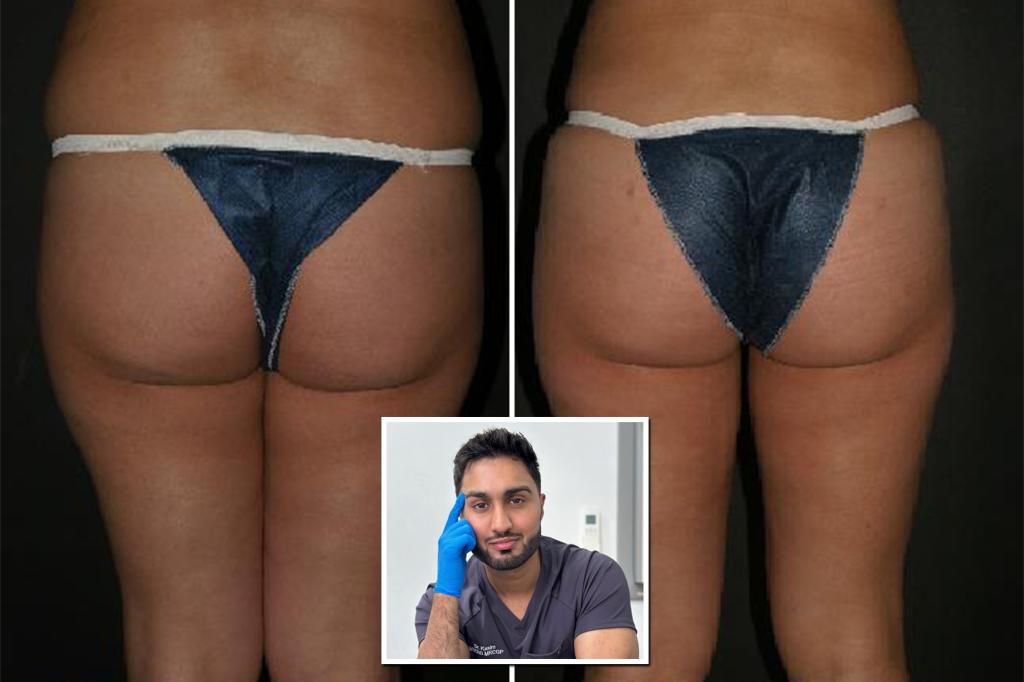Dr. Kasim Usmani, a cosmetic surgeon in London, recently spoke out against the Brazilian Butt Lift (BBL) procedure, stating that he would never perform it due to safety concerns. He described the procedure, which involves injecting fillers into the buttocks to enhance their size and shape, as inherently dangerous and warned of potential complications. Unfortunately, his concerns were realized when a mother of five, Alice Webb, died as a result of complications from a BBL surgery, marking the first death of its kind in the UK. Two individuals have been arrested on suspicion of manslaughter in connection with the incident.
The non-surgical version of the BBL procedure, such as the one Alice Webb underwent, involves injecting hyaluronic acid into the buttocks to achieve a similar effect without surgery. Dr. Usmani emphasized the risks associated with such procedures, including sepsis, infections, tissue death, and embolisms. He highlighted the lack of regulation in the cosmetic surgery industry in the UK, expressing concerns about the potential for harm when such procedures are not closely monitored. The government’s current regulatory framework for non-surgical cosmetic procedures is limited, allowing for risky practices to thrive.
As a practitioner in the field, Dr. Usmani has witnessed the consequences of inadequate training and oversight in the industry, such as a hairdresser performing a BBL procedure. He stressed the importance of ensuring that cosmetic surgeries are conducted by qualified professionals with a proven track record and oversight by regulatory bodies like the General Medical Council (GMC). The dangers associated with procedures like the BBL go beyond aesthetic issues, as the potential for life-threatening complications can arise from improper practices and lack of regulation.
The tragic death of Alice Webb has brought attention to the risks of cosmetic procedures like the BBL and the need for stricter regulations in the industry. Dr. Usmani expressed his concerns about the potential for further harm if the industry remains unregulated and unmonitored. He emphasized the importance of raising awareness about the risks involved with cosmetic surgeries and urged individuals to seek treatment from reputable and qualified practitioners. Despite the popularity of procedures like the BBL, the safety and well-being of patients should always be the top priority in the field of cosmetic surgery.
In conclusion, the case of Alice Webb’s death due to complications from a BBL surgery serves as a stark reminder of the dangers associated with cosmetic procedures and the lack of regulation in the industry. Dr. Usmani’s warnings about the risks of such procedures, as well as the need for stricter oversight and professional standards, highlight the urgent need for change. As the UK government considers regulatory reforms in the cosmetic surgery sector, it is essential for individuals to prioritize their safety and well-being when considering such procedures. By choosing reputable practitioners and being informed about the risks involved, patients can minimize the potential for harm and ensure a safer experience in the world of cosmetic surgery.


